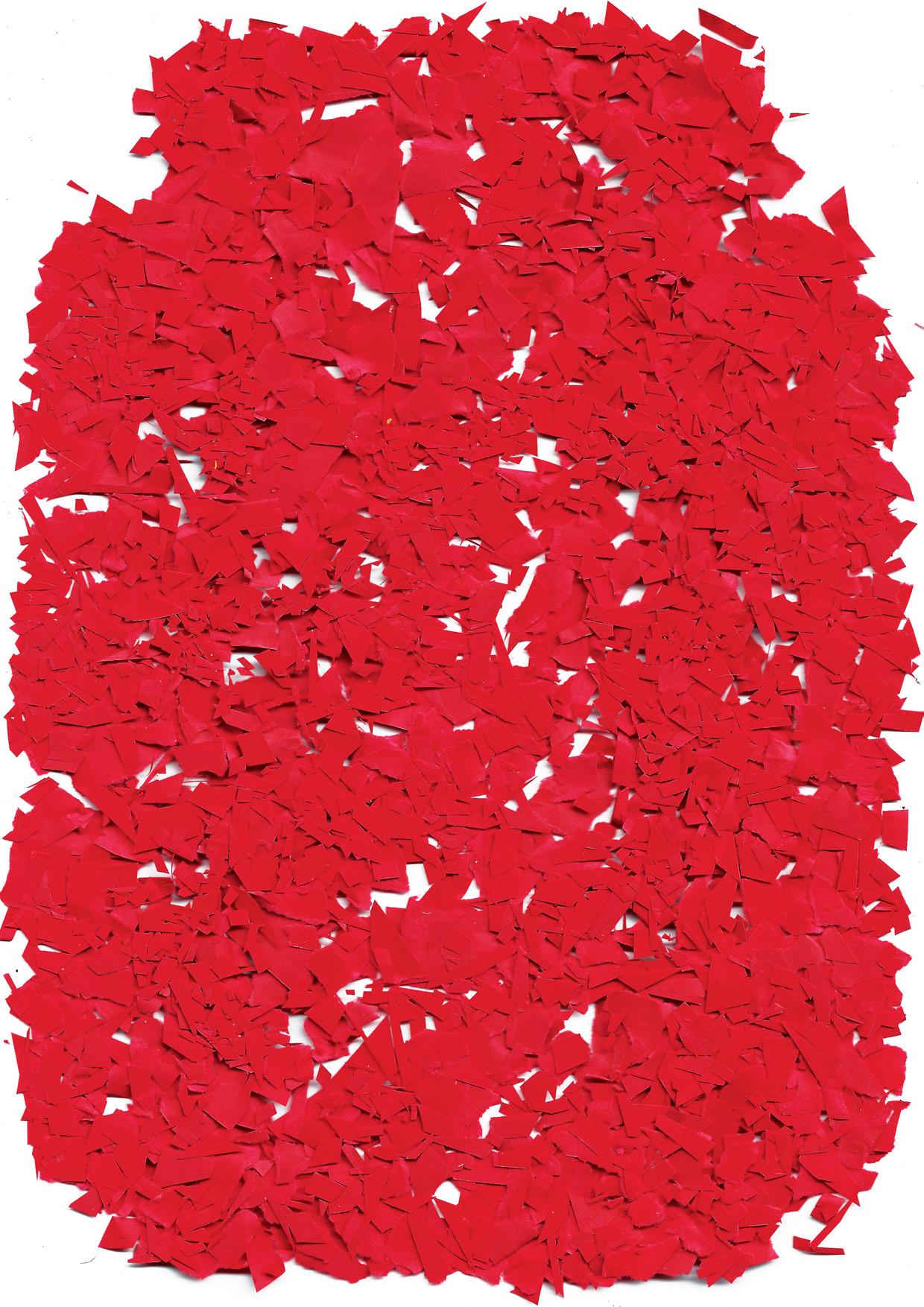
2 minute read
Zero Sense in “Zero Waste” | Helena Żegnałek
A beautiful, shiny mason jar on a kitchen counter. A trash jar. Some would argue that this is the most important artefact of the “zero waste” movement. Recently, however, the trinket has found itself in the middle of a heated dispute, as more and more people are questioning the eponymous “zero”.
To say that we produce too much waste would be the understatement of the year. In the European Union it is estimated that annually, one person accumulates up to 487 kilograms of garbage. Thanks to the increasing accessibility to information, environmental consciousness is slowly leaving the niche and entering the mainstream narrative. The Zero Waste movement has gained some traction over the years, and the core principles of the movement, the three Rs (refuse, reduce, reuse), are more prominent than ever.
Advertisement
One of the platforms, where the trend is prominent, is Instagram. Typing in “zero waste” into your search bar results in countless pictures of beautifully sliced pieces of avocado, mason jars filled with colourful spices, and homemade fluoridefree toothpaste. After looking through the never-ending stream of carefully staged pictures, one starts to wonder: how much time and money do you need to do that? How realistic is it to always cook at home, make your own mouthwash, and buy expensive organic food? All that requires a certain degree of privilege which your everyday John and Judy do not have access to. It is too extravagant of a lifestyle for most of the population – at the end of the day, not all of us can be Instagrammers.
Another often brought up question is how adequate the amount of waste in the trash jar is in the overall environmental situation. Besides the waste created at home, we pollute the outside world in countless other ways – travel pollution, among others. Even if you bring your reusable straws and cutlery on board, you are still contributing to the extreme emission of carbon dioxide. It seems like we are overlooking the bigger issue. How others perceive our activism seems to be more valuable than finding the actual solutions to environmental problems. Ironically, it is better for the environment to go to a park and eat ice-cream with a plastic spoon than to travel 2 hours by plane with a reusable water bottle. But who would like a picture of you in the park over the one taken on Bali?
Think of greenwashing that is being induced just to sell new products, the ones that are a “must-have” if you want to save the planet (even though the alltime best option is not to buy). Being zero waste and producing no trash is simply an unattainable task. Whatever you do, you are always going to produce some waste. It makes us feel guilty, imperfect and very much disliked. As a result, we give up on ourselves and on introducing any changes or progress whatsoever. And that, the shame seeping from the beautiful mason jar photo and the following resignation, that is the opposite of what we need to do to make the Earth a better place for us all. Zero waste chef and influencer Ann-Marie Bonneau said: “We don't need a handful of people doing zero waste perfectly. We need millions of people doing it imperfectly.” Have a nice walk in the park.
Helena Żegnałek
Cover illustration: Zofia Klamka & Karol Mularczyk









